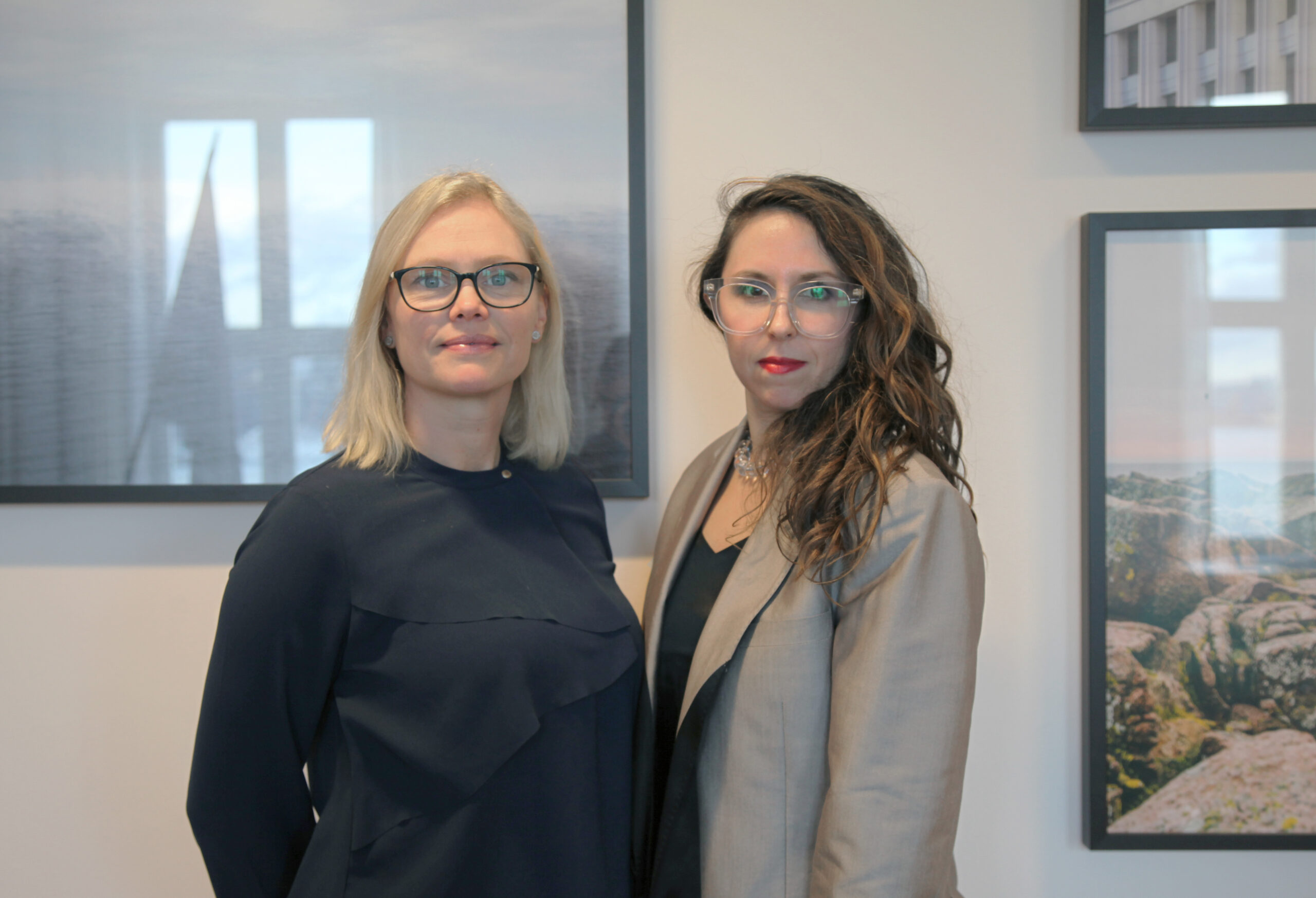The Child and Family Traumatic Stress Intervention (CFTSI) is a brief early intervention model for children and adolescents (from age 7-18 years) that is implemented soon after exposure to a potentially traumatic event, or in the wake of disclosure of physical and sexual abuse. The program was developed at the Yale Child Study Center. It fills a gap between acute responses/crisis intervention and evidence-based, longer-term treatments designed to address traumatic stress symptoms and disorders that have become established. The goal of this family-strengthening model is to improve the caregiver’s ability to respond to, and support, a child who has endorsed at least one posttraumatic symptom. By raising awareness of the child’s symptoms, increasing communication and providing skills to help master trauma reactions, CFTSI aims to reduce symptoms and prevent onset of posttraumatic stress disorder (PTSD). In addition, CFTSI offers the opportunity to assess children and families that are in need of longer-term treatment.
At the end of the course, participants will be certified to practice CFTSI with clients.
What participants are saying
“I would like to thank you all once again for the incredible opportunity to attend this course! In practice it proved to be a valuable short-term early intervention approach for traumatized children and their families, specifically those whose needs are in between crisis support and long-term psychotherapy support.”
Who the course is for
Participants are required to be masters-level trained therapists working with children with trauma symptoms.
What will you learn
Session 1: Caregiver Meeting
-
- Provide psychoeducation about trauma and trauma symptoms.
- Assess caregiver(s)’ and child’s traumatic stress symptoms.
- Address case management issues.
Session 2A: Meeting the child alone
-
- Provide psychoeducation about trauma and trauma symptoms.
- Assess child’s traumatic stress symptoms.
Session 2B: Family Meeting: The caregiver and the child together (key session in CFTSI)
-
- Begin a discussion by comparing their (the child’s and the caregiver’s) reports about the child’s trauma symptoms.
- Identify specific trauma reactions that will be focused on and introduce coping skills.
Session 3: The caregiver and the child together
-
- Review progress and support communication attempts.
- Re-assess levels of distress and increased awareness.
- Practice coping skills and support efforts.
Session 4: The caregiver and the child together: Case disposition
-
- Re-assess levels of distress and increased awareness.
- Review progress made and support communication attempts.
- Review coping skills and support efforts.
- Assess and identify any additional treatment needs or case management needs.
- Assess and identify any additional treatment needs or case management need.
Examination and certification
Completion of the course is either pass or fail.
To pass the course the participants need to have attended the two days seminar and have offered one family CTFSI under supervision. The course coordinator together with the trainer, are responsible for the examination. Participants who have passed the course will receive a course certificate.
About the trainer
Carrie Epstein – LCSW-R, Assistant Professor at the Yale Child Study Center, Director of Clinical Services and Training at the Childhood Violent Trauma Center at the Yale Child Study Center
Carrie Epstein, LCSW-R is Assistant Professor at the Yale Child Study Center at the Yale University School of Medicine where she is Director of Clinical Services and Training at the Childhood Violent Trauma Center. For the past 30 years, Ms. Epstein has been providing treatment, supervision and consultation on providing mental health treatment and on developing new programs for children and families impacted by trauma and traumatic grief. She is recognized both nationally and internationally as an expert in the field of child trauma, child traumatic grief and disaster response.
Ms. Epstein is co- developer of the Child and Family Traumatic Stress Intervention (CFTSI), the only evidence-based early, trauma-focused intervention for children and families that interrupts and prevents the development of PTSD and related disorders. In addition to being one of the Master Trainers of the CFTSI model, Ms. Epstein is also a Master Trainer of Trauma-Focused Cognitive Behavioral Therapy (TF-CBT). One of the original Principle Investigators of the National Child Traumatic Stress Network (NCTSN),
Ms. Epstein has responded to multiple school shootings and other mass casualty disasters across the country. She played a lead role in the mental health and collaborative responses in New York City following the attacks of September 11th, and also played a lead role in Yale’s response to the 2012 shooting in Newtown Connecticut, providing ongoing training and consultation to mental health professionals, school administration, teachers, staff and families at Sandy Hook Elementary School and in the greater Newtown area. Over the past 30 years, Ms. Epstein has provided consultation to Offices of Mental Health from several states, as well as to dozens of organizations internationally focused on providing treatment to children and families impacted by trauma and traumatic grief.
Since 2001, Ms. Epstein has acted as the Co-leader of the National Child Traumatic Grief Committee for the National Child Traumatic Stress Network, and she has served on the Steering Committee of the National Child Traumatic Stress Network, the Scientific Advisory Board to the Evidence-based Treatment Dissemination Center of the New York State Office of Mental Health, and the HHS Region II Strategy Group on Mental Health and Trauma. Ms. Epstein has been a principle investigator for multiple studies and grants focused on trauma response and provision of trauma focused treatment, both in the acute and longer-term phases of trauma response. She has co- authored several articles and chapters on the implementation of acute/early/brief interventions with families impacted by trauma.
Cost
Variable. Often covered in part by project or other funding.
Barnahus Network Members have subsidized or – when possible – free access to this type of support. Read more >
Format
Online.
Length
2 full days of lectures, followed by a few months to complete the practical assignment with supervision.
Language
Instruction is offered in English. Countries are encouraged to supply at least 2 interpreters when needed. The online training platform we use supports live interpretation. Translations of some documents into your national language may be offered.
Dates
All spaces for our upcoming trainings on this topic are currently full. Sign up to our waitlist to be eligible for any spots that become available, or to get early access to trainings we schedule in the future.
This course is available to run on demand on dates that work for you. Contact us to find out more.
Contact



